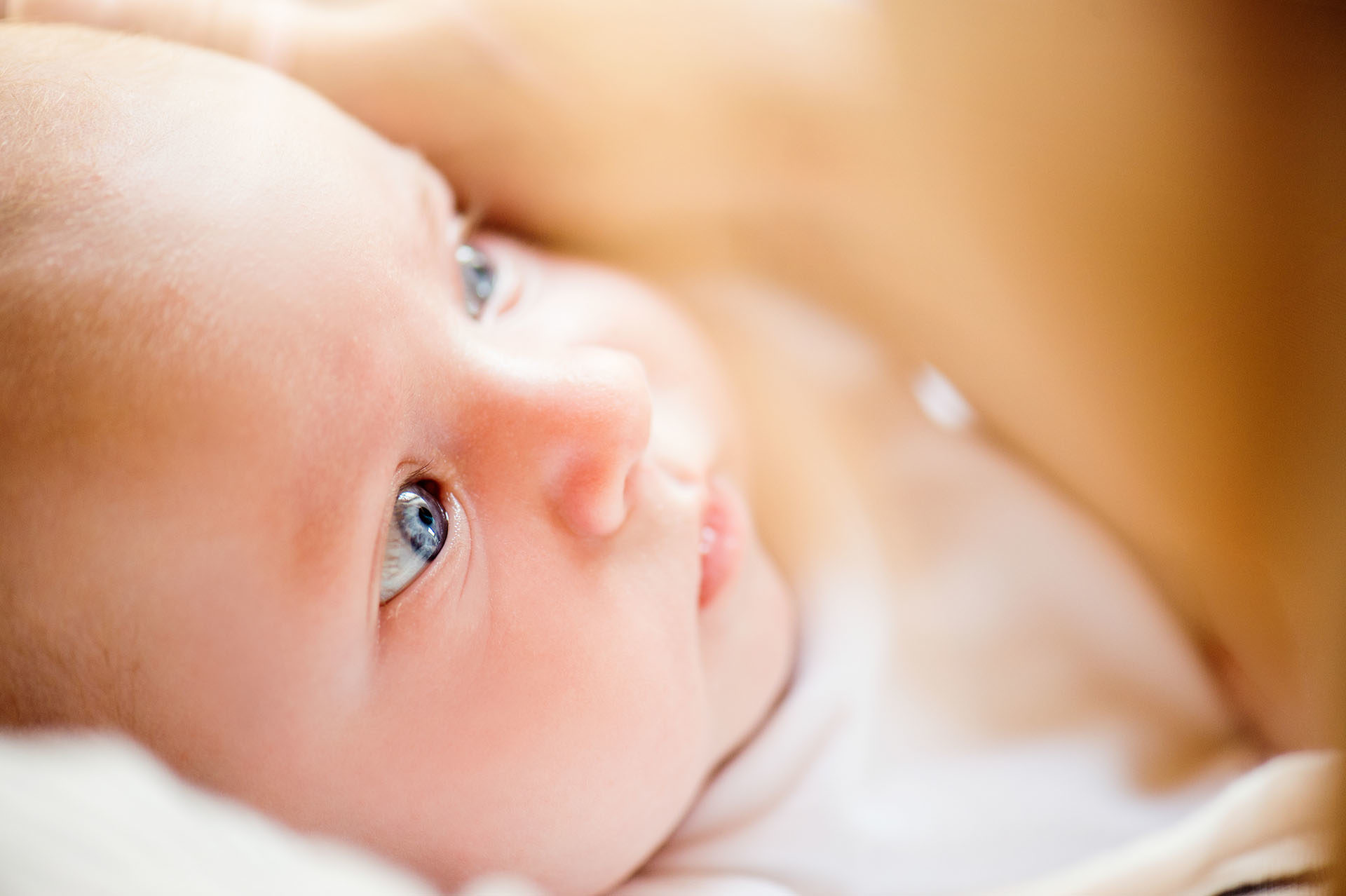As the Benefit Cap lowers – will you be affected?
From Monday 7 November households in Northern Ireland will be impacted by a further cut to the Benefit Cap. This article explains what the Benefit Cap is and how the changes will affect local families.
What is the Benefit Cap?
The Benefit Cap is the limit on the amount of benefits a household can receive. For the Benefit Cap to apply, someone in the household must be in receipt of Housing Benefit.
The cap was first introduced in Northern Ireland at the end of May 2016.
Currently the limits are as follows:
- £500 a week if your household is made up of a couple (with or without children) or you are a lone parent and you have children living with you; or
- £350 a week if you are a single person and have no children living with you.
What is changing?
From 7 November 2016, the limits will be reduced to:
- £384.62 a week if your household is made up of a couple (with or without children) or you are a lone parent and you have children living with you; or
- £257.69 a week if you are a single person and have no children living with you
How is the Benefit Cap calculated?
The benefits received by your household are added together to determine how close you are to the limits detailed above.
Not all benefits are included, the following will be taken into consideration:
- Bereavement Allowance
- Child Benefit
- Child Tax Credit
- Employment and Support Allowance (except where the support component has been awarded)
- Housing Benefit
- Incapacity Benefit
- Income Support
- Jobseeker’s Allowance
- Maternity Allowance
- Severe Disablement Allowance
- Widowed Parent’s Allowance
- Widowed Mother’s Allowance
- Widow’s Pension
- Widow’s Pension (age-related)
Who is not affected by the Benefit Cap?
If you or your partner qualify for Working Tax Credit you will be exempt from the Benefit Cap.
There will also be a 39 week ‘period of grace’ if you or your partner were previously in work for a continuous period of at least 50 in the last 52 weeks and were in receipt of Working Tax Credit. The person who was in work must not have been entitled to Employment and Support Allowance, Jobseekers Allowance or Income Support during this time.
An exemption also applies if you, your partner or any children that you are responsible for and who live with you, are in receipt of one of the following benefits:
- Attendance Allowance
- Carer’s Allowance
- Disability Living Allowance (and its replacement Personal Independence Payment)
- Employment and Support Allowance (where the Support Component has been awarded)
- Guardian’s Allowance
- Industrial Injuries Benefit
- Armed Forces Compensation Scheme (Guaranteed Income Payments)
- Armed Forces Independence Payment
- War Pensions (this includes the War Widow’s/Widower’s pension and War Disablement Pension)*
*This list is not exhaustive.
One off payments such as Budgeting and Crisis loans, Bereavement payments, Cold Weather and Winter Fuel payments are excluded from the calculation.
How is the Benefits Cap administered?
The Benefit Cap is administered through a reduction in Housing Benefit. If you are affected you will receive a letter from the Housing Executive stating that your Housing Benefit amount will reduce due to the Benefit Cap.
Is there any help available for affected households?
It is estimated that there will be approximately 2,600 households in Northern Ireland affected by the Benefit Cap (including those impacted in May 2016 when the cap was initially introduced).
Until March 2020 there is a supplementary payment available to cover the cost of any loss in housing benefit for households with children. You may also be entitled to a Supplementary Payment, if you have been in receipt of one of the benefits included in the Benefit Cap calculation since 7 November 2016.
If you are eligible for the supplementary payment the Department of Communities will arrange for the payments to begin, you do not need to apply or contact the Department.
The Supplementary payments are made every four weeks in arrears and are paid to the person who receives the Housing Benefit – this could be the claimant, their landlord or a letting agent acting on the landlord’s behalf.
Where can I find more information?
Our Family Benefits Advice service can carry out a personalised benefits calculation for you, for confidential advice or information please call 028 9267 8200 to speak to one of our advisors.






